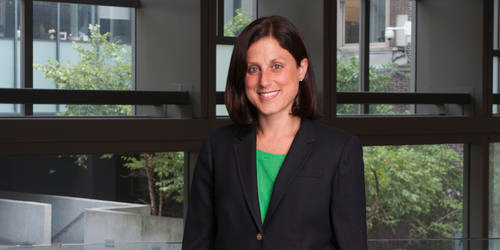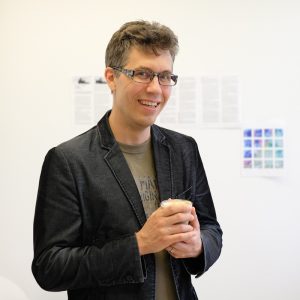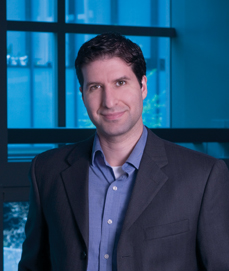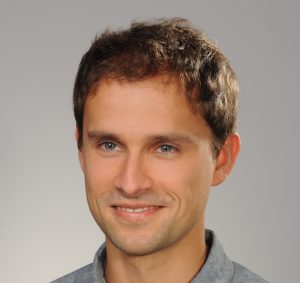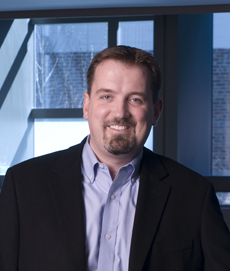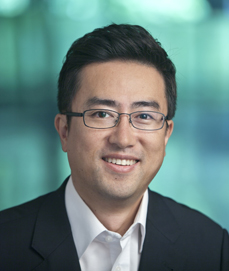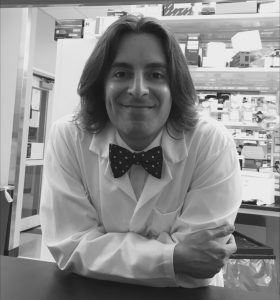The roundworm C. elegans is one of the most important model organisms in biological research. With a transparent, millimeter-long body containing only about a thousand cells and a lifespan of a few weeks, there is no better way of deciphering the role of a given gene on a living creature’s anatomy or behavior. In addition, many of the genes discovered in the worm have been shown to have similar roles in other animals and humans.
In the era of big data, however, a single worm isn’t enough. Thousands upon thousands of individual organisms are necessary to compare many different genes and ensure the reliability of experimental results.
Engineers at the University of Pennsylvania have taken strides to make this type of high-throughput experiment feasible by developing a system they have dubbed “the WorMotel.” To demonstrate its effectiveness, the researchers have studied the role of a set of mutations and stress-inducing drugs on the aging of 1,935 of these organisms, specifically, what percentage of their lifespans they remain healthy and active.
The WorMotel system features index-card-sized plates made out of a transparent polymer. Each plate features 240 individual wells, in which a single worm lives its entire life. Automated systems keep them fed and stimulated while machine vision algorithms track and record their behavior.
The WorMotel system is also designed to be highly scalable. Robotic carousels can automatically swap hundreds of WorMotel plates in and out of analysis chambers, studying up to 57,600 worms in a single experiment.
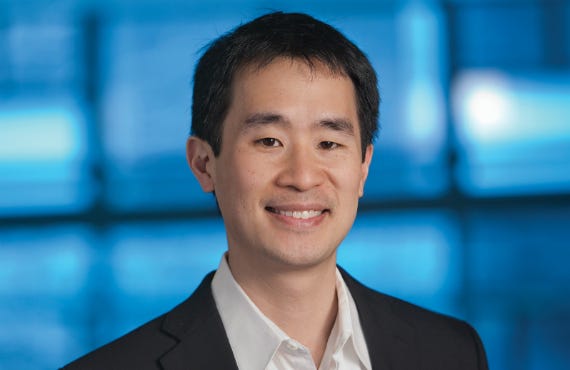
The study, published in the journal eLife, was led by Christopher Fang-Yen, Wilf Family Term Assistant Professor in Bioengineering in Penn’s School of Engineering and Applied Science, and Matthew Churgin, a former graduate student (now a postdoctoral fellow) in his lab. They collaborated with David Raizen, an Associate Professor of Neurology in Penn’s Perelman School of Medicine. Former Fang-Yen lab members Sang-Kyu Jung, Chih-Chieh (Jay) Yu, and Xiangmei Chen also contributed to the research.


